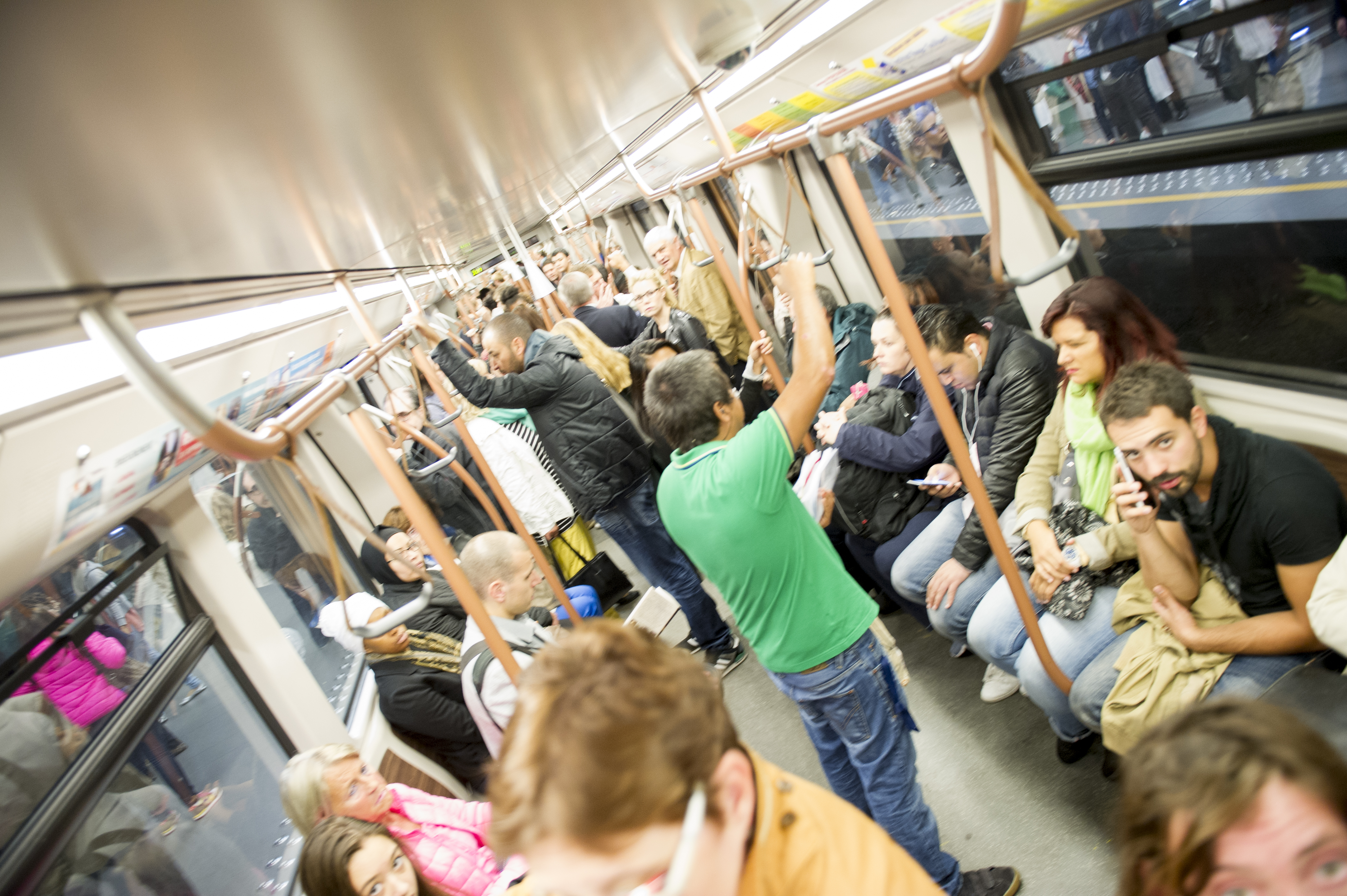
Greenpeace study: ‘public transport in EU far too expensive’

According to a new report by Greenpeace, public transport in many European countries is simply too expensive. Belgium also scores insufficiently in terms of public transport, says the environmental organization /MIVB/STIB
Belgium scores poorly when it comes to affordable public transport. That's according to an analysis by Greenpeace. Due to the high cost and


Comments
Ready to join the conversation?
You must be an active subscriber to leave a comment.
Subscribe Today